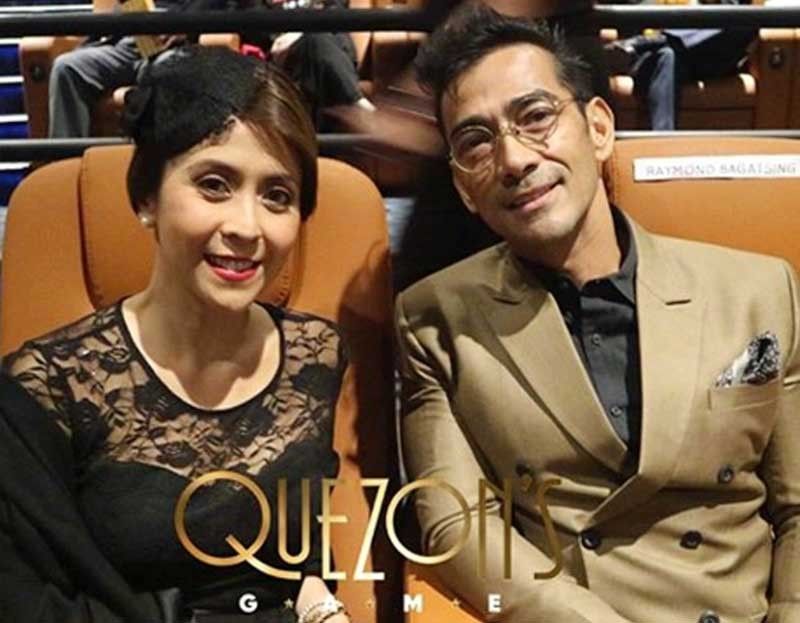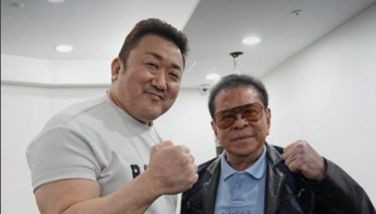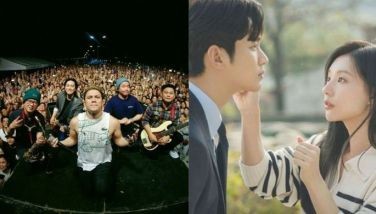Quezon as humanitarian

Film review: Quezon’s Game
MANILA, Philippines — Quezon’s Game, a co-production of Star Cinema and Kinetek, is all about one of those footnotes of Philippine history that just had to get its turn under the spotlight.
In terms of historical films, the more recent ones like Heneral Luna and Goyo have relied on battle scenes and action sequences to capture the moviegoers’ imagination, while period dramas like Larawan have examined social conventions and domestic dramas. Quezon’s Game plays by its own rules, establishing a different kind of milieu; and its one that film festivals around the world have taken notice of and rewarded.
Quezon’s Game is a period film, set in the years of our Commonwealth, but its strength lies in highlighting politics, diplomacy and one man’s stubborn refusal to believe that “no means no.” That man would be our then President Manuel L. Quezon, suffering from a relapse of his tuberculosis in 1938; but still cutting a dashing and dynamic figure as he moved to overturn Philippine immigration quotas established by the US State Department, and allowed thousands of Jewish refugees from Nazi Germany to find a home here in the Philippines.
Directed by Matthew Rosen, from a screenplay of Janice Perez and Dean Rosen, Quezon is portrayed by Raymond Bagatsing, and his wife Aurora by Rachel Alejandro. The sense of time and place is creatively established, given the production and budget limitations. And we’re thrust into a world filled with cigar smoke, vintage automobiles and phonographs, dapper white suits and loose neck collars. And it works in establishing the film’s tonality, lighting and brand of cinematography.
It’s important to recall that in 1938, the Western powers were still playing a game of detente and pacifism, with Adolf Hitler and Nazi Germany. While Jews were being persecuted and moved to ghettos or shipped by train to death camps, most of the Western world were turning a blind eye. To Quezon’s credit, even if the USA itself was playing isolationist, he responded to the pleas of his Jewish-American friends living in Manila, and sought to make our country one of the first who would publicly offer the Jews safe haven.
That this was a difficult thing to achieve — given our Commonwealth status, local political infighting, his failing health and being undermined by his own party — is part of the story relayed in this film. As such, it is a fascinating portrait of Quezon as humanitarian at a time when it would have been easier to think it wasn’t any of our business.
If I do have a problem with the film, it would be how much of the dialogue sounds stiff, like speech-making; and that the liberties taken with historical facts to add to the drama do sometimes feel forced or hokey — like Malacañang acting as an immigration center. But yes, beyond these minor gripes, there is much to learn from the film, and it is something to take great pride in, as a Filipino.
It’s a more cerebral approach to heroism, and gaining better appreciation for one of the men who figure in our history books.
- Latest
- Trending



























